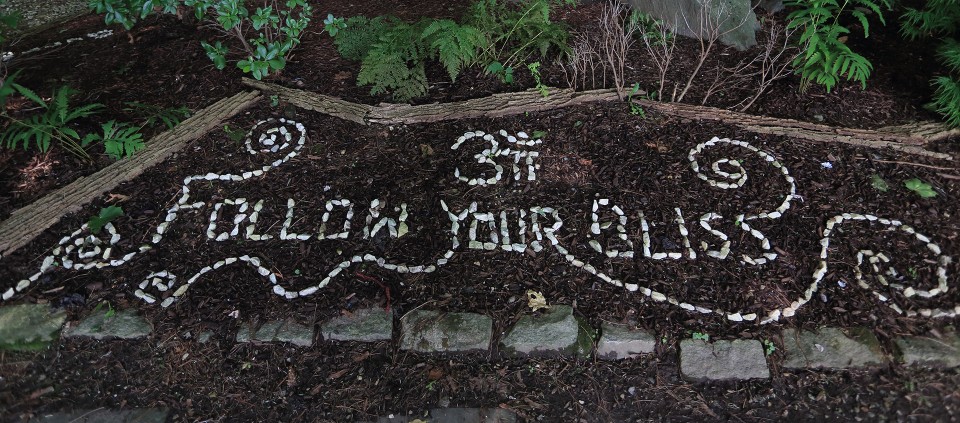How to Make Time Expand, Even When You Have Less of It

by Reyna Eisenstark
There’s a moment in Virginia Woolf’s To the Lighthouse in which a middle-aged woman can actually see time slipping away: “With her foot on the threshold she waited a moment longer in a scene which was vanishing even as she looked, and then, as she . . . left the room, it changed, it shaped itself differently; it had become, she knew, giving one last look at it over her shoulder, already the past.”
To me, this says so much about middle age as I’ve been experiencing it—how I have noticed time passing in a different way than it used to. This is not necessarily a bad thing. I no longer feel like I have “all the time in the world,” but when you no longer have all the time in the world, time itself becomes more precious. This has only been emphaisized in the age of COVID-19.
According to positive psychologist and Kripalu presenter Maria Sirois, time does seem to constrict as we age, but it also expands: You become wiser about how you use your time and you often figure out where you’re not going to waste time anymore. Maybe there are people in your life you don’t want to have to answer to anymore, or a place (geographical or in your mind) that you don’t want to return to. Time doesn’t actually change in middle age, but our approach to it can.
Time and Transitions
Maria helps people navigate transitions in their lives, and most of us are experiencing a lot of changes right now. Yet we continue to have choices. Maria points out that transition can happen in so many ways, but whatever it is, “the next phase should ideally be a meaningful choice so that you can construct your life instead of just letting life happen.”
Even when transitions are positive, Maria points out, they can still be stressful. She likes to focus people on the question, What are the resilient self-care strategies that will help me? Or even more simply, Who might I be at my best in facing this transition? Maria says the difficult things that happen to us inspire us to grow and change.
To sustain resilience, Maria recommends developing a daily practice, maybe something you’ve always meant to do or something new you’d like to try, such as yoga or meditation or journal writing or even learning a new language. Maria says that people who have a regular practice feel that their days are more meaningful. “The fact that you are choosing to do something every day takes you out of a victim mindset and into a mindset of personal leadership,” she explains. “You start to craft the day instead of just letting the day happen.”
How a Daily Practice Can Change Time
But what if you don’t have enough time? Maria points out that positive transformation consists of small changes, so, for example, you might start with just 10 minutes of yoga a day or 10 minutes of journaling a day: “The most successful changes stick when we practice small things,” she says.
I started a daily yoga practice over four years ago and I’ve never missed a day. I am not particular about the type of yoga or the length of time I practice or even the time of day I do it. Simply knowing that I will do yoga gives my life a structure and at least one thing to look forward to every single day. Sometimes I go to bed at night excited about the next day’s breakfast, and I often feel the same way about yoga. It’s going to happen, but what and when will it be today? Really though, a daily practice of any kind can calm you down or energize you, sometimes just depending on the day.
Maria points out that even with a daily practice, it’s okay to set boundaries for yourself. Part of the journey of life is recognizing that not everything is possible. Instead, we can learn to appreciate the journey. For example, Maria says, instead of thinking, “I must finish my novel this year,” you could instead think, “I may not finish my novel, but how rich will my life be if I write every day?”
Maria introduced me to a new phrase: “time affluence.” She explains, “You may not have five decades left, but can you create a relationship to the time you have left that is rich and affluent and spacious? When we put our effort toward what we can control, more things become possible.”
We often talk about “taking time” to do things. But Maria points out that “taking time” often creates a sense of more time afterward: You may find yourself not only more productive but also more grateful for the time you have left—whether it’s the hours in your day or the years of your life.
Reyna Eisenstark is a freelance writer living in Chatham, New York. You can read her blog, inspired by stories from her life, at reynaeisenstark.wordpress.com.